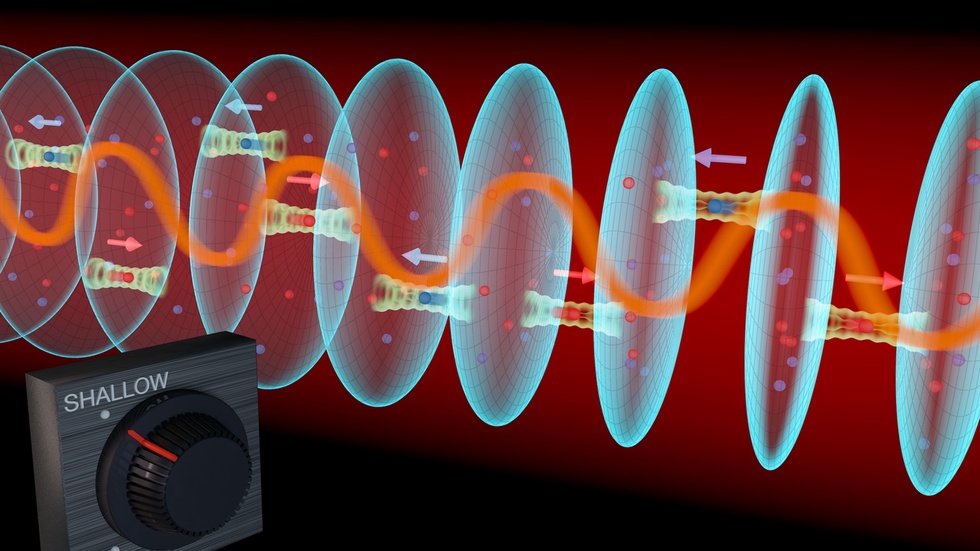According to the publication of the scientists, their development is based on a number of projects implemented over the years. First, this clock uses strontium instead of cesium atoms, which "marks" the time by beating 429 trillion times per second. Also, the 429 trillion beats per second are measured in visible light waves, not microwaves, because they have a much higher frequency.
Tens of thousands of strontium atoms are surrounded by laser beams known as optical gratings that hold them together. Such a large number of atoms improves precision, a high precision that has shown that the clock loses only one second over billions of years.
The JILA team's new clock achieved record-breaking accuracy by using a thinner, softer light catcher to avoid two types of errors common to optical grating clocks, namely laser light and atomic collisions. The precision should be 8.1 particles in 10 quintillion, meaning they would have missed a second by traveling 30 billion years, twice the age of the universe.











